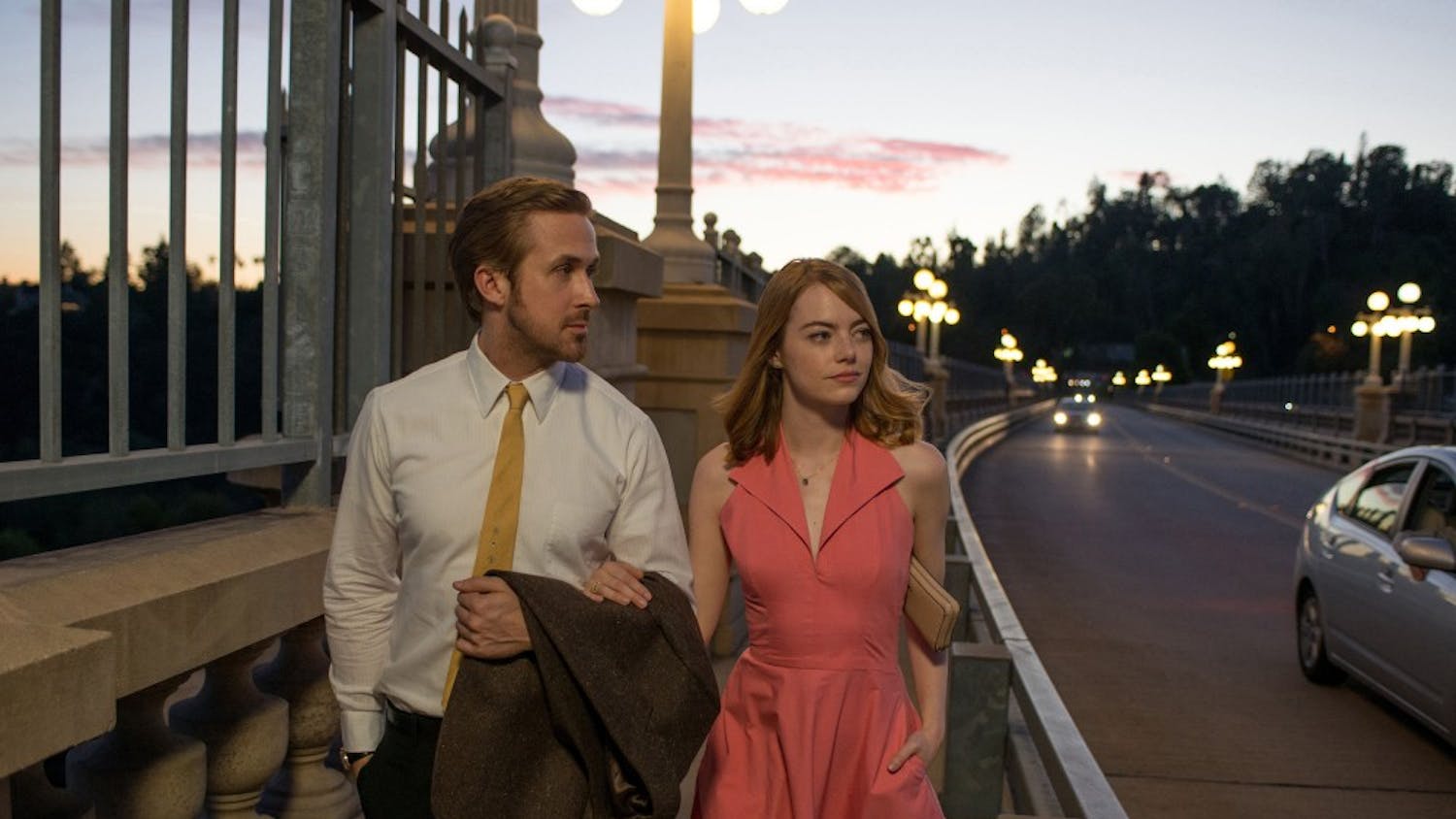Ash Wednesday marked the premiere of the already controversial film, "The Passion of the Christ." For religious Christians and those who believe in the Gospel according to the King James Bible, "Passion" will deliver a powerful depiction of all they hold sacred. The movie has been praised for its near perfect portrayal of the final hours of Jesus' mortal life. Yet, more talked about than the Gospel is the growing controversy surrounding the film. \nMuch has been made about whether the film is anti-Semitic. "Passion," like the Gospel, blames the Jewish establishment in Judea (the Roman province that approximately covers the same area as the modern day state of Israel) for Jesus' death. One example of anti-Semitism is a scene depicting a crowd of people, all Jewish, cheering for the execution of Jesus. The Anti-Defamation League and the Simon Wiesenthal Center have argued that the film will lead to a rise in anti-Semitism as Jewish involvement in the death of Jesus is again brought to the forefront of public awareness. \nI disagree with those groups which allege the film will lead to an increase in anti-Semitism. Those who already feel hatred for all Jewish people will have their views reaffirmed by this film. Those who are not anti-Semitic and already know the Gospel will most likely see no reason to change their views. After all, anti-Semitism founded on the belief that the Jews killed Jesus is completely illogical. First off, it is taught that Jesus died for everyone else's sins. In other words, he had to die for Christianity to make sense as a religion. Second, and probably most obvious, being anti-Semitic nearly 2000 years after the death of Jesus doesn't accomplish much. If your motivation is to avenge the death of Jesus, is putting graffiti on the temple of a guy whose great-grandfather to the 200th degree had a part in the death of Jesus really sending the right message? I don't see the logic and think most people don't see it either.\nAs for how historical the film actually is, that is up for debate. Naturally, as a Jewish person, I don't believe in the Gospel. Did the Jews have a hand in Jesus's death? Historical records from the time cite the crucifixion of a Jewish man for witchcraft. Many scholars believe this man is Jesus. So, yes, the Jewish establishment probably had a part in his death. However, the reason why was most likely other than him claiming to be the Messiah. Records point to him starting a riot several years before his death in a crowded market, protesting the Sadducee establishment. Jesus was a proponent of what can best be described as poor people. The Sadducee establishment -- think rich people -- were threatened by his growing popularity and sought out a way to quiet their adversary. That he, or anyone else, was claiming Jesus was the Messiah would not have sufficiently threatened the establishment to merit his ultimate death.\nDuring the time of Jesus, there were more than 50 people claiming to be the Messiah. To a Jewish person, the Messiah is not the son of God. The Messiah is the person who re-takes Judea, rebuilds the Temple on Mt. Moriah (the mountain which the Dome of the Rock is currently on) and finally reestablishes ritual worship in the temple and on the mountain according to the Old Testament. In fact, the Hebrew words for "king" and "messiah" share the same root since the King of Judea in ancient times was technically the Messiah. Since the Romans captured Judea, there have been dozens of famous "false" Messiahs. In 135, the great Rabbi Akiba proclaimed Shimon Bar-Kocba the Messiah after he began a short lived revolt against the Romans. In the 1600s, Shabbti Zvi garnered a large following until he surrendered to the Emperor of the Grand Turk. \nThere are several other glaring historical holes in the film. First, there is no possible way Jesus was a "white" person. He was most likely Semitic-looking, with dark skin and dark hair. Second, Pontius Pilate was not intelligent or distinguished. To be appointed the governor of Judea, the most remote and far-off Roman province, was probably more of a punishment than a decoration in those days. Judea was not a threat to the Romans, and further still was of little strategic value to anyone else. Judea was mainly desert, surrounded by water and more desert. Depictions of him make the governor out to be some sort of grand enlightened individual, and don't make much sense.\nIf you go see "Passion," you will be treated a moving rendition of the Gospel. If Christianity is your persuasion, I hope that you get a lot out of the film. If you are of another faith, it may be educational to see what Christianity is based on. Religion and spirituality play a large role in most people's lives, and both should be studied and respected by everyone.
'The Passion' of the controversy
Get stories like this in your inbox
Subscribe





